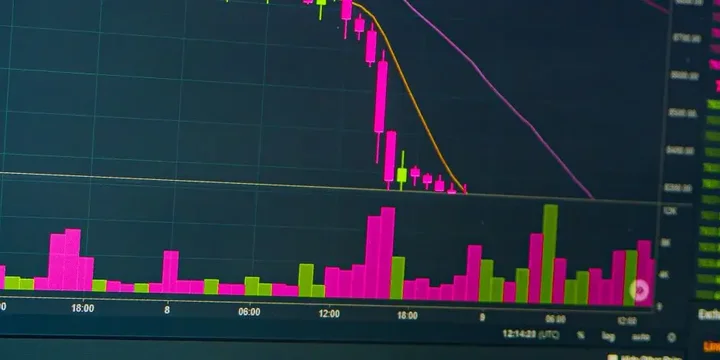Prop Trading vs Hedge Funds: What’s the Difference?

When it comes to investing, there are a number of different strategies that can be employed.
One of the most well-known is hedge fund investing, but there is also something called forex proprietary trading.
Understanding the difference between these two types of investment strategies can help you decide which one is best for your portfolio.
What Is Proprietary Trading?
Proprietary trading refers to the use of a firm’s own capital to trade and invest.
This type of trading is typically done by a group of traders who pool their money together in order to take advantage of economies of scale pricing.
All profits generated from this type of trading are kept by the firm, as there is no outside investor involved in the process.
What Is a Hedge Fund?
A hedge fund is usually understood as a firm that invests its clients’ capital.
It accepts funds from qualified institutional buyers (QIBs) or high net worth individuals and charges fees for its services, typically 2% plus an incentive fee of up to 20% of any profits earned above a certain threshold.
Unlike proprietary trading firms, hedge funds may employ long-term investment strategies such as long-short equity strategies or other more complex investment techniques.
Similarities and Differences Between Prop Trading and Hedge Funds
At first glance, it might seem like prop trading and hedge funds are very different entities – however, upon closer inspection, they have more similarities than differences.
Both types of firms use similar investment strategies and can both be externally funded.
The key difference lies in the source of capital – while prop shops use only their own money, hedge funds raise capital from external investors and run commingled funds.
Additionally, prop shops retain 100% of profits while hedge funds usually charge management fees (2%) plus performance fees (20%).
Investment Strategies
While there is no official definition of a hedge fund, most will use strategies such as long/short positions, leverage and derivatives in order to generate returns for their clients and investors.
These are often considered higher risk strategies than those used by prop trading firms for their own capital, which are typically more short-term in nature.
However, some successful hedge funds have also returned outside money but kept their “hedge fund” label due to their investment style and strategy being similar across both types of organization.
Conclusion
Ultimately, whether it’s called a proprietary trading firm or a hedge fund doesn’t matter – what matters is understanding how each type works so you can decide which one will work best for your portfolio.
Knowing the source of capital and how much risk the principals are taking will help you make an informed decision on which option fits your needs best.
About The Author

Edward is a seasoned forex trader with 13 years of experience, transitioning from retail to prop trading with success at FTMO. He is a top performer and accomplished educator, teaching courses on forex prop trading. In his free time, Edward enjoys playing guitar and hiking. He is a contributor to PipsGeek and passionate about helping others succeed in forex trading.







